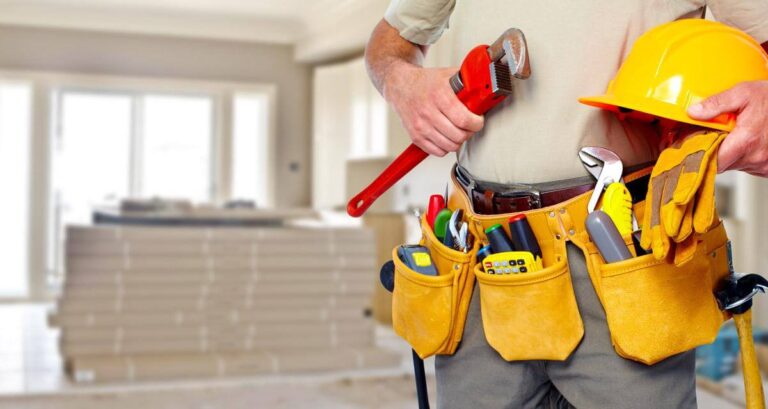Always dreamed of making your living with your hands? If you’re the type who likes to see clear, physical results from their work, perhaps a career in plumbing might be the way to go. With the UK currently experiencing a costly shortage of skilled tradespeople, there’s a lot of room for new trainees to make an impression.
Whether you’re just starting as a DIYer with ambitions of going further or ready to take the next step into regular employment as a plumber, here’s what to keep in mind.

The household tasks to train yourself on
If you’re considering learning the tricks of the trade then becoming comfortable with working inside your own home is the obvious place to start. These are the sorts of things you can expect to cut your teeth on as a DIYer:
- Unblocking toilets – it happens in every home, and if you go professional you absolutely will encounter this regularly. Learning your way around plungers and toilet augers is a vital starting point.
- Fixing kitchen leaks–water escaping from around a sink can make cooking or cleaning a nightmare, let alone make a mess. You’ll want to be well-versed in tightening fittings, sealing holes and clearing pipes.
- Installing washing machines–this is another common reason to call a plumber, and it’s one you can train for by uninstalling and then reinstalling your existing machine.
Equipment you’ll need
Earning a reputation as an excellent plumber will involve making yourself someone ready for anything – and that means having the tools to take on all kinds of tasks. Arming yourself with a well-stocked plumbing tool kit will make it much easier to operate.
You’ll want a mixture of testing items, to establish what the problem is in the first place, and tools to fix it once identified. A pressure test kit helps you spot leaks before running water through a system while having a range of pipe cutters enables you to get inside pipes and soldering torches close them up behind you.
Going from amateur to professional
While being known for being handy might see you doing jobs for family and friends, you might want to secure some qualifications to earn the trust of potential customers. Young people can look into apprenticeships but, if you’re thinking about transitioning into plumbing a little later in life, a fast-track course might be the way to go.

Costly mistakes to avoid
Part of the reason why customers might prefer to go to plumbers who can show them a qualification is the astonishing number of plumbers who report spending most of their days fixing other plumbers’ shoddy work.
Look out for common errors like over-tightening fittings, which could cause damage to the entire system, or mixing metals when establishing connections – else you cause corrosion. Don’t be the reason why your customer has to pay someone else to do the job a second time.

